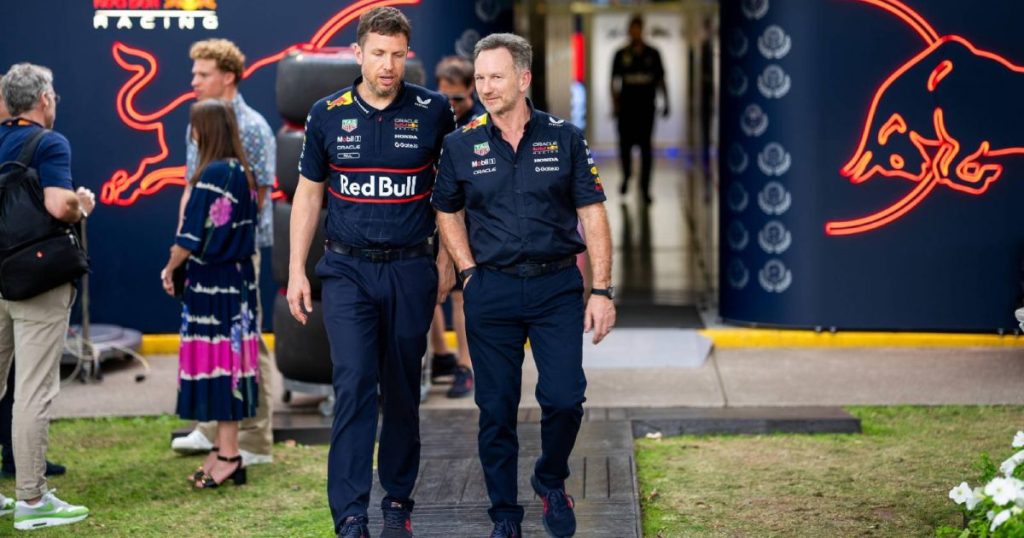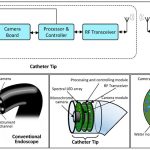Key Changes in Red Bull’s Senior Leadership
Christian Horner’s exit from Red Bull Racing has been one of the most significant developments in Formula 1 recently. However, it is not the only major change within the team’s senior leadership structure. On Wednesday, Red Bull GmbH officially announced that Horner had left his position as team boss and CEO. This move came after a long tenure of 20 years at the helm of the team.
In addition to Horner, two other high-ranking executives have also been removed from their roles. Paul Smith, who served as the Group Director of Communications for Red Bull, and Oliver Hughes, the Chief Marketing Officer, have both been placed on gardening leave. This means they are temporarily suspended from their duties while remaining on full pay, a common practice in Formula 1 to safeguard sensitive information and maintain stability during transitions.
The decision to place Smith and Hughes on gardening leave suggests that they were closely associated with Horner. Smith was often seen alongside Horner during Grand Prix events, handling media responsibilities while Horner focused on team operations. The exact reasons for their departure remain unclear, and Red Bull has not yet confirmed any successors for their roles.
Leadership Transition and Uncertainty
Following Horner’s departure, Laurent Mekies has taken over as the new CEO of Red Bull Racing and Red Bull Technology. Mekies previously led the sister team, Racing Bulls, and his appointment signals a shift in the team’s strategic direction. While his role as team principal has not been officially confirmed, there are indications that another name may be revealed in the coming days.
The reasons behind Horner’s exit have not been publicly disclosed by Red Bull. The British executive, who played a pivotal role in transforming the team from its early struggles into a dominant force in Formula 1, has not made any public comments on the matter. However, Martin Brundle, a well-known Sky F1 broadcaster, shared insights after speaking with Horner following the announcement.
Insights from Martin Brundle
Brundle described Horner’s departure as a complete surprise, especially given the internal challenges within the team. He noted that there had been growing concerns about the team’s performance and internal dynamics, particularly involving the Verstappen camp. Brundle expressed his personal sadness over the situation, highlighting Horner’s remarkable achievements over the past two decades.
He emphasized that Horner had led the team through significant growth, transforming it from the Stewart and Jaguar era into a powerful entity based in Milton Keynes. Despite the team’s recent successes, Brundle suggested that performance issues might have contributed to Horner’s exit. He also mentioned that the term “Team Verstappen” had become a point of contention, indicating potential tensions within the organization.
Brundle added that he had not received any explanation from Horner regarding his dismissal, and he planned to speak with him further to gain more insight. His comments reflect the uncertainty surrounding the future of Red Bull Racing and the implications of these leadership changes.
Ongoing Developments
As the team navigates this period of transition, the focus will likely shift to how the new leadership will address the challenges ahead. The success of the team in the upcoming seasons will depend on its ability to adapt and maintain its competitive edge. With Mekies at the helm, the team will need to ensure continuity and stability, especially in light of the recent upheaval.
The absence of clear communication from Red Bull regarding the reasons for Horner’s departure has left many questions unanswered. As the Formula 1 community watches closely, the next steps for the team will be crucial in determining its future trajectory.


